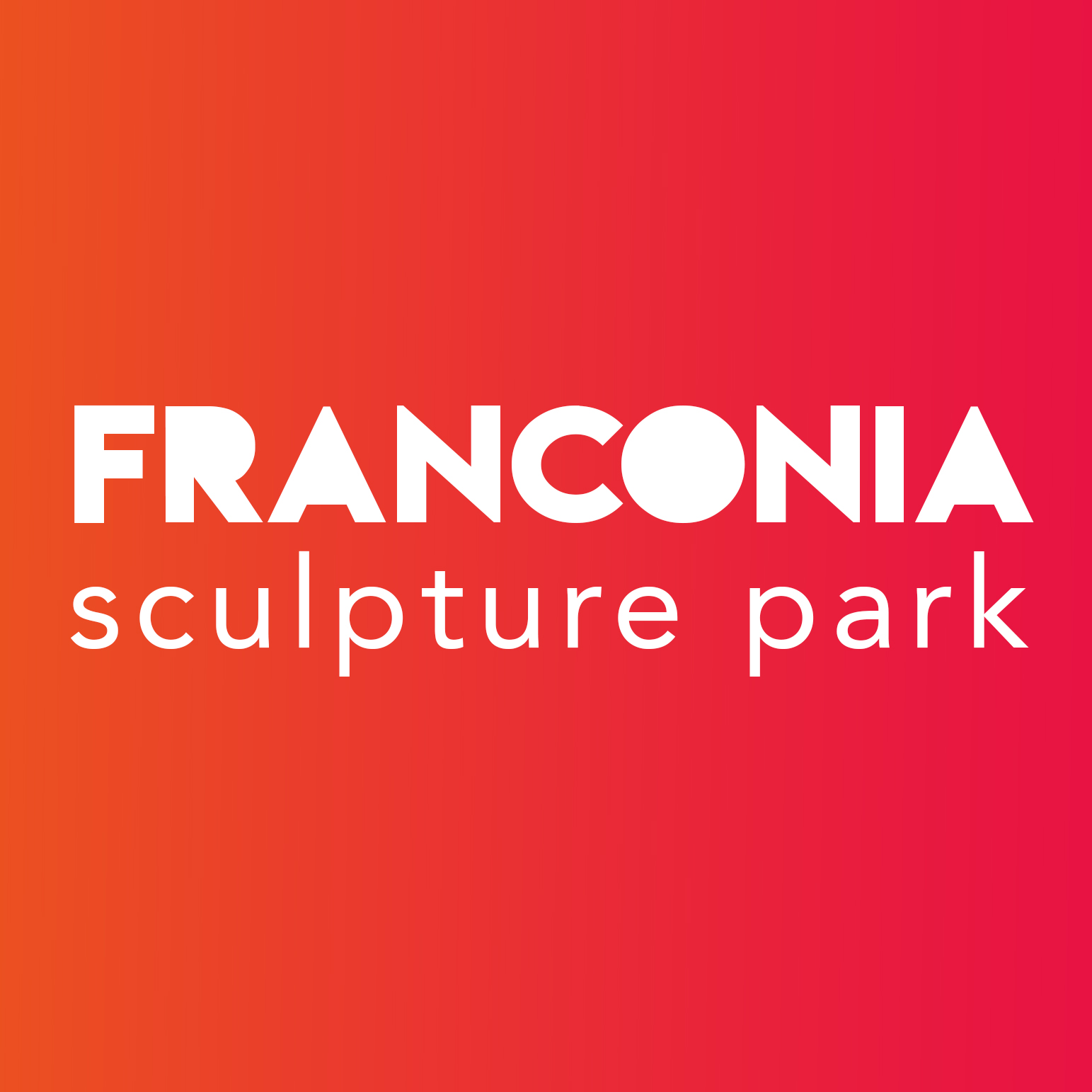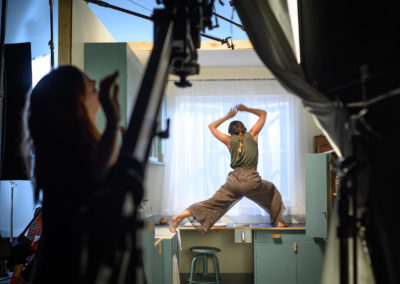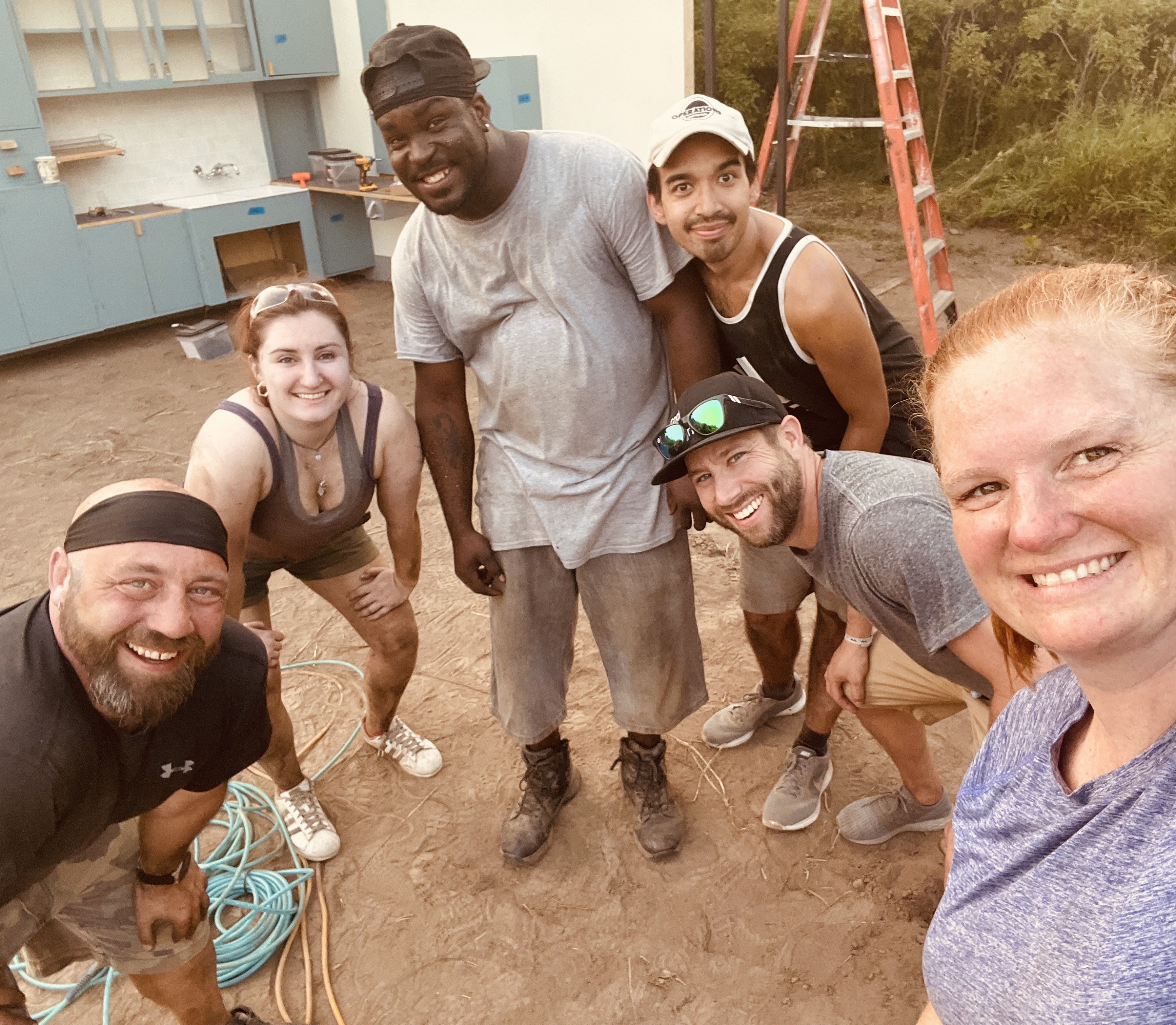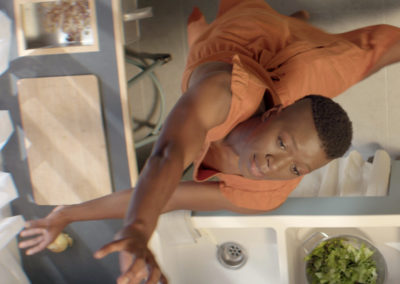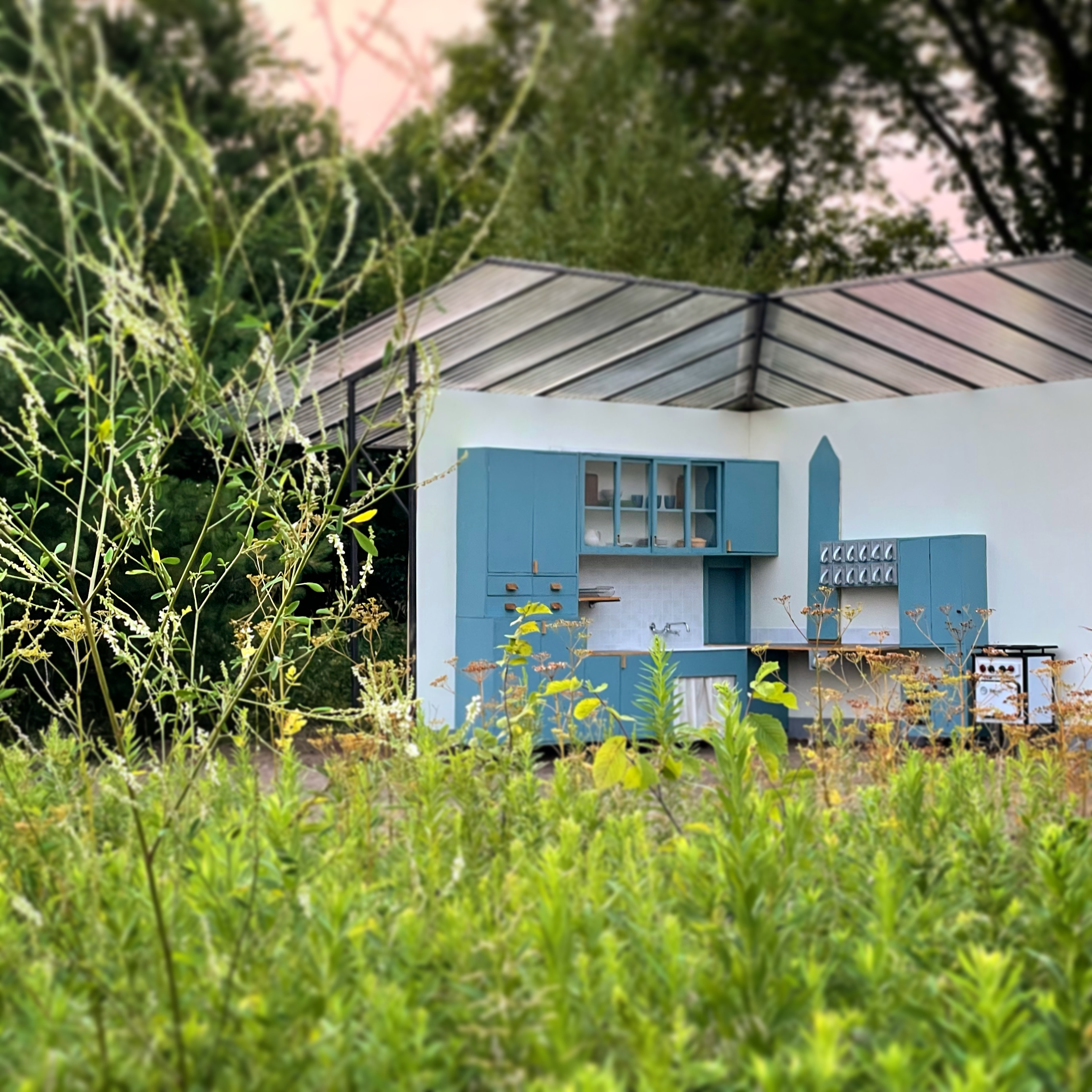
Kitchen Dance
Installed 2021
Wood, steel, fiberglass
Artist Statement
Designed in 1926 by Austrian architect Margarete Schütte-Lihotzky (b.1897 – d.2000), the Frankfurt Kitchen endeavored to make women’s work more efficient, freeing them to pursue economic and personal interests.
The Frankfurt Kitchen was designed and built in 1920s Germany, a time of economic growth, but also of political uncertainty. Many of the changes at the time were linked to innovations in science that altered the way people saw the world. As Einstein’s theory of relativity was changing people’s views of time and space. Sigmund Freud was altering their ideas about human behavior. Margarete Schütte-Lihotzky designed the Frankfurt Kitchen during this time of dramatic changes in order to create efficiencies, making time and space for additional opportunities and activities in a woman’s life.
The Frankfurt Kitchen was designed like a laboratory based on contemporary theories about efficiency and workflow. In planning the design, Schütte-Lihotzky studied train dining cars and ship galleys. She also conducted time-motion studies and interviews with housewives to inform her design.
Scholars consider the Frankfurt Kitchen to be a revolutionary approach to domestic architecture. An estimated 10,000 units were built in the late 1920s in Frankfurt, Germany.
KITCHEN DANCE FILM
https://www.kitchendanceproject.com/watch-the-film
Inspired by the original Frankfurt Kitchen in the permanent collection of Mia (Minneapolis Institute of Art), Maribeth Romslo commissioned the build of a replica Frankfurt Kitchen and produced a conceptual short dance film that explores the multi-dimensional lives of women and their work.
While Kitchen Dance takes place in a Frankfurt Kitchen, the film is not strictly a period piece set in the 1920s/30s. Zoe Henrot, the artistic director of Ballet Co.Laboratory, created modern choreography for the film that draws inspiration from the historic period and also incorporates contemporary movement.
The Frankfurt Kitchen is an example of changing domestic expectations, codifying traditional female labor obligations through efficiency and predictability. Through modern movement, Kitchen Dance examines the complex demands women still face today in pursuit of their own aspirations at home and in the workplace.
INSTALLATION CREW
This kitchen set was designed and built by Tom Burgess in August 2019 and installed at Franconia in July 2021 with the support of Maribeth Romslo, Matthew Deery, Sofia Campbell Gandia, Ray Heath, and Michael Chabot.
Special thanks to Normandale Community College Theater Department and Mia (Minneapolis Institute of Art) for their ongoing support of the Kitchen Dance Project.
The Kitchen Dance film project was supported by a 2019 Minnesota Arts Board Artists Initiative Grant. The installation of the kitchen set at Franconia was supported by a Jerome Foundation finalist grant.
To learn more about Kitchen Dance, visit www.kitchendanceproject.com.
About the Artists
Tom Burgess: Tom is faculty and Technical Director for Normandale Community College in Bloomington, MN. He has worked as a properties artisan at the Guthrie Theater on productions such as, His Girl Friday, The Great Gatsby, and The Real Thing as well as serving as a properties master and assistant scenic designer for a number of Penumbra Theatre productions. Tom has stage managed for A Prairie Home Companion’s cruises traveling to the Baltic States, the Caribbean, and Scotland. Most recently, Tom has designed scenery for the University of Wisconsin-Oshkosh’s production of Nat Turner in Jerusalem as well as designing and building the set for the conceptual dance film, Kitchen Dance, and projection designing for Six Points Theatre’s production of Chanukah in the Dark.
Maribeth Romslo: Maribeth Romslo is a director, cinematographer, and producer who believes that well told stories have the power to change the world. Her award-winning films have played at festivals across the globe. Recent projects include an original documentary series (Handmade*Mostly) for Reese Witherspoon’s new media platform called Hello Sunshine, a historical fiction content series (Spark) to inspire girls interested in STEM, a conceptual dance film about the work of women (Kitchen Dance), and a documentary about student free speech in America (Raise Your Voice).
